#MHYALit: Unbearable: A Reflection on Hunger, a guest post by Lindsay Eagar
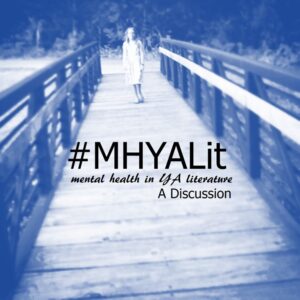 My main memory of high school and the immediate years following is of hunger.
My main memory of high school and the immediate years following is of hunger.
As the straight-A student, oldest daughter, star of the school plays, and overall golden child, I often carried the weight of others’ expectations on my shoulders, and I did so gladly. I knew I was capable. I wanted to please the adults around me. I had ambitions and I was a hard worker.
But all of that collapsed when I turned fifteen.
Let me paint you a picture.
It’s sophomore year of high school. I have been dating this boy for over a year. I am on one of our “dates”—all-day stretches in his basement where he plays video games and I watch. My stomach growls, because like many normal human teenagers, I require food and water every three or four hours. But the boy I am dating doesn’t notice. Of course he doesn’t—I’m sitting on the arm of his chair while he plays his game silently, and is it my fault for letting him treat me this way, or is it his fault for being a jackass, or is it the world’s collective fault for raising boys like this who fail to nurture, fail to care? When he finally does pause his game, it’s not a food break, it’s a fooling-around break.
ADVERTISEMENT
ADVERTISEMENT
Hours later, we are in the middle of a tear-soaked fight over the phone, a weekly occurrence for us. He says, with a sigh so loud it practically swallows me, “You’re saying you want commitment?” As if fidelity is a ridiculous thing to put on the table. “We’re in high school. You’re asking for too much.”
Too much.
The two moments are forever linked together. This is when it becomes clear to me—to desire anything at all is too much. Appetite is the enemy, and one of its main artilleries is food.
This is when I decide to bask in the feeling of hunger, and kill the thing inside me that wanted things.
I started with food.
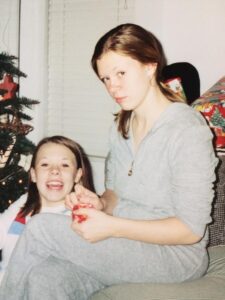 I’m not going to describe any of my specific eating disorder behaviors here, because I don’t want to risk triggering vulnerable readers who may be struggling themselves. But I will tell you this: I carefully conned my way into surviving on very little food. I lied to everyone—including myself—about how hungry I really was. I never whittled down to bones, but I was unhealthily skinny and undernourished. Later, after high school, I began writing down my daily calories in and calories out—my world became one of numbers, measuring and tracking and feeling disgusted if I didn’t hit my targets.
I’m not going to describe any of my specific eating disorder behaviors here, because I don’t want to risk triggering vulnerable readers who may be struggling themselves. But I will tell you this: I carefully conned my way into surviving on very little food. I lied to everyone—including myself—about how hungry I really was. I never whittled down to bones, but I was unhealthily skinny and undernourished. Later, after high school, I began writing down my daily calories in and calories out—my world became one of numbers, measuring and tracking and feeling disgusted if I didn’t hit my targets.
There were a lot of things I did in high school and the years after that I’m not proud of, and I’d like to share them with you now, because there may be others who have done similar things.
I suppressed my urge to make comments in class and stopped raising my hand. I stopped caring about my homework. I stopped going after academic achievements like National Honors’ Society and Sterling Scholars.
I suppressed my hunger for commitment or affection or even eye contact when the boy snubbed me at school, and I pretended none of it mattered, even though I died inside every time he kissed another girl, sometimes mere hours after he had been with me and told me he loved me.
I suppressed my hunger for real food when he asked me to the senior prom, pocketed the money his mother gave him for our reservation at P.F. Chang’s, and instilled a three dollar limit when he drove me through Del Taco on the way to the dance.
I suppressed my desires to travel when he asked me not to apply to any out-of-state colleges, and I threw away the pamphlets for Trinity College in Dublin I had taped up on my walls.
I suppressed my gag reflex when I let him take credit for my own accomplishments—from my essays to my ideas to a one-act play I wrote that was selected for a state-wide award to the song I composed and sang in front of the school in an assembly. “We wrote this together,” he said as he picked up my guitar and sang my part, and I quietly hummed the countermelody, relinquishing myself to the part of background singer in my own life.
I was hungry, and cold, and lonely, and sad, and full of profound self-loathing for myself. That was who I was in high school. My own parents barely recognized me.
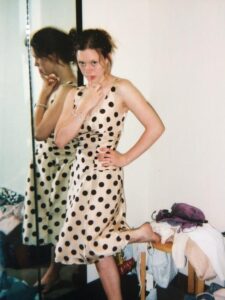 Our girls have a problem with wanting things, with being hungry. We’re not supposed to be hungry for good grades, or academic awards, or ambitions, or career goals—consider how Hillary Clinton was painted as “power-hungry,” as if that’s a bad thing, to want to be an influence on the world.
Our girls have a problem with wanting things, with being hungry. We’re not supposed to be hungry for good grades, or academic awards, or ambitions, or career goals—consider how Hillary Clinton was painted as “power-hungry,” as if that’s a bad thing, to want to be an influence on the world.
We’re also not supposed to be hungry for love, or affection, or marriage, or children. We’re definitely not supposed to be hungry for a good piece of chocolate cake. I remember feeling embarrassed whenever I needed something, terrified of being called “high maintenance,” worried that if I requested more than the emotional scraps I was given to survive on, I would be seen as unlovable or unsexy or “attention-seeking.” I put away things I had been dreaming of since I was five—finishing a novel, getting published, traveling the world.
I wish that I had listened to the adults in my life who saw me withering away and offered help. I wish I could have told them what was happening in my head.
I wish YA had been a thing. I would have loved to read a character like Celaena Sardothien in Sarah Maas’s THRONE OF GLASS, who delighted in her food and dresses and piano-playing with no regrets.
I would have loved to read Anna-Marie McLemore’s gorgeous YAs, THE WEIGHT OF FEATHERS and WHEN THE MOON WAS OURS, both about girls who make healthy relationships for themselves and don’t pretend that romance is a sinful dessert to be politely declined.
ADVERTISEMENT
ADVERTISEMENT
Maybe I would have read TINY PRETTY THINGS by Sona Charaipotra and found a kinship with other teenage girls who had ambitions, who busted their butts to get places, who felt pressure.
Maybe I would have read NOT OTHERWISE SPECIFIED by Hannah Moskowitz, and finally exhaled, knowing someone else understood.
It’s embarrassing to be an adult now and look back at all the stupid ways I starved myself.
It’s not embarrassing to be hungry.
It’s not wrong to want things.
It’s not annoying to be needy.
It’s normal to need to eat food, get thirsty, need hugs, need cuddles, need kisses, need passion, romance, to need trust.
It is not too much to want to be heard.
The body can only go so long without food. Same with the heart.
When I finally allowed myself to want things again—that’s when I started to heal.
Having a baby at 22 healed much of my relationship with my body. But it didn’t get rid of the voice in my head that still tells me, too much, too much. Too big, too loud, too talkative, too bold, too needy, too hungry, too much, too much. I do hear those voices sometimes, and when I do, I try my best to drown them out. I email writer friends who assure me I deserve my ambitions. I work on my projects, gleeful as I inch towards completed goals. I go for a walk or dance around my kitchen or kiss my husband or play with my babies, anything to remind myself that what my body is capable of doing is far greater than what it looks like. I take a selfie to remind myself that my body actually does look pretty good.
I did finally see a counselor at age 20, for my depression, and she suggested I had an ED-NOS, based on the behaviors I’d described. And I began a healing journey—not just with my hunger for food, but my acceptance of hunger as part of living, and fulfillment of hunger as the other part—the important part.
The best part.
Meet Lindsay Eagar
 Lindsay Eagar is the author of HOUR OF THE BEES (Candlewick Press, 2016) and the forthcoming RACE TO THE BOTTOM OF THE SEA (Candlewick Press, 2017). She lives in the mountains of Utah Valley with her husband and two daughters and a mountain of books. Follow her on Twitter here: Lindsay Eagar (@lindsaymccall) | Twitter
Lindsay Eagar is the author of HOUR OF THE BEES (Candlewick Press, 2016) and the forthcoming RACE TO THE BOTTOM OF THE SEA (Candlewick Press, 2017). She lives in the mountains of Utah Valley with her husband and two daughters and a mountain of books. Follow her on Twitter here: Lindsay Eagar (@lindsaymccall) | Twitter
Filed under: #MHYALit
About Amanda MacGregor
Amanda MacGregor works in an elementary library, loves dogs, and can be found on Twitter @CiteSomething.
ADVERTISEMENT
ADVERTISEMENT
SLJ Blog Network
2024 Books from Pura Belpré Winners
In Memorium: The Great Étienne Delessert Passes Away
Winnie-The-Pooh | Review
Parsing Religion in Public Schools
ADVERTISEMENT



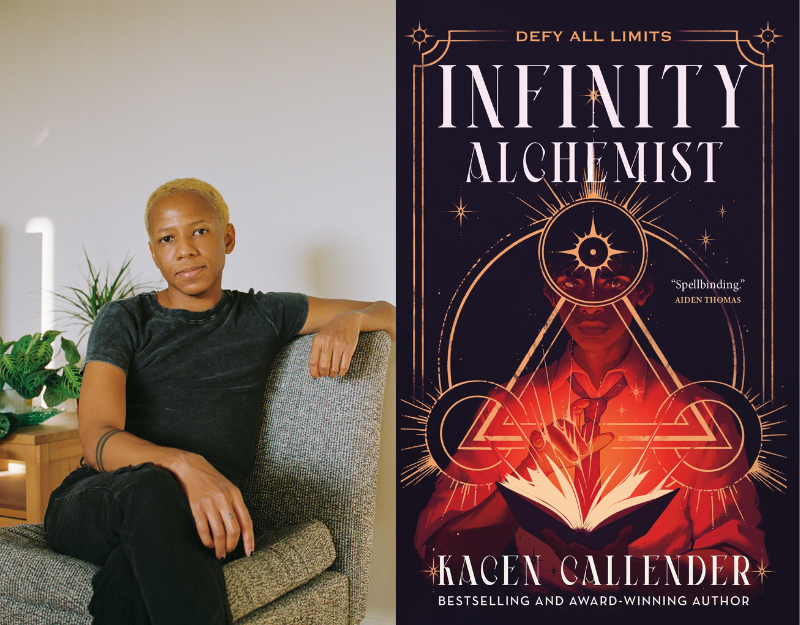
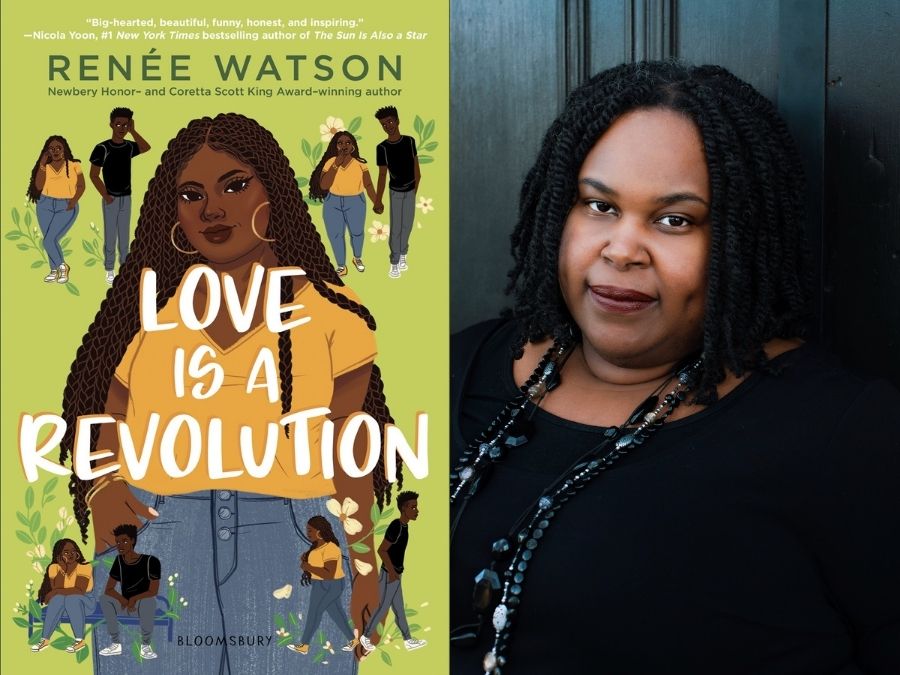
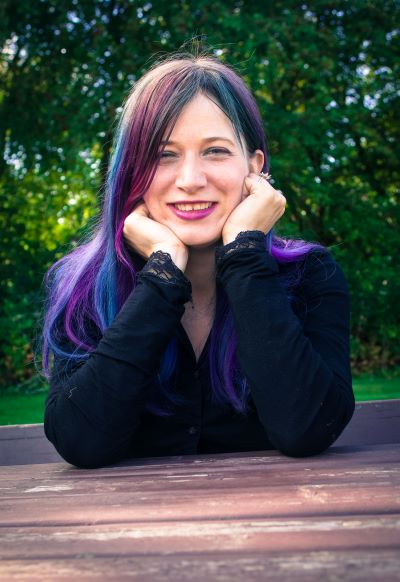
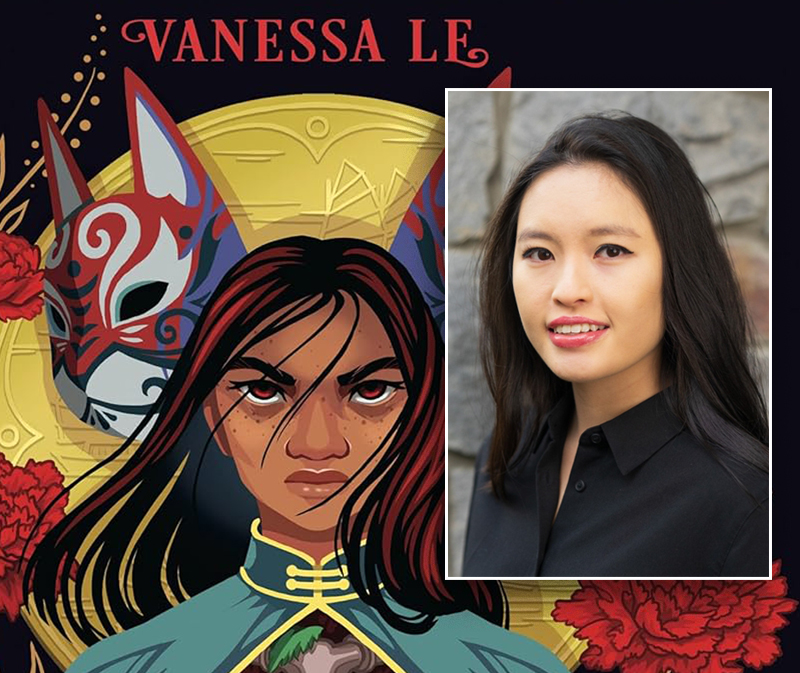
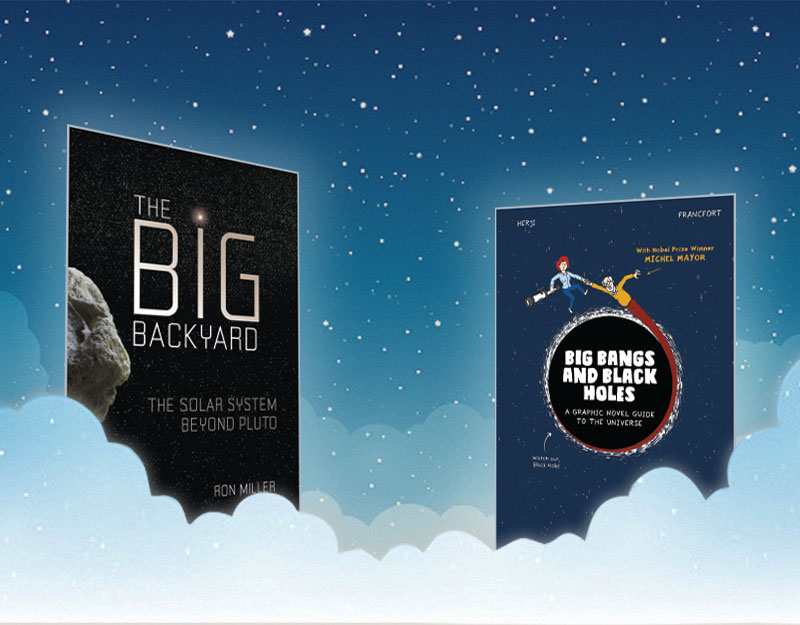
Thank you for sharing this very intense and painful story. As a middle school classroom teacher, this reinforces my belief that I need to have books that cover a huge range of topics, including ‘inappropriate” ones that my students might NEED.
And I kind of want to go back in time and smack that lousy boyfriend of yours upside the head.